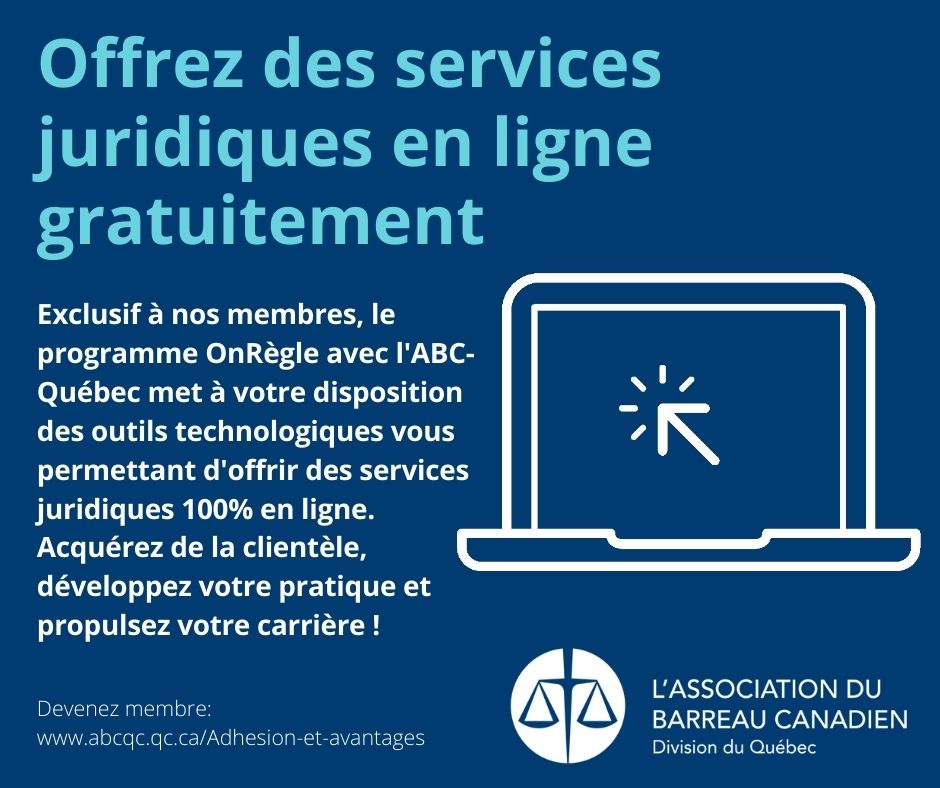DOJ Prosecutors Are Failing Obama, Scalia & Constitution, Says Advocacy Group, A Just Cause
According to the New York Times, pardon attorney Deborah Leff, an Obama appointee, abruptly resigned on January 15, 2016, leaving more than 10,000 clemency applications pending review. The Times reported that the pardon office is caught in an « incurable institutional conflict » because federal prosecutors have little interest in supporting the clemency process. A former pardon attorney told the Times that DOJ prosecutors are « determinedly and irreconcilably hostile » towards clemency.
« Hostile to clemency is hostile to the Constitution, » says Lamont Banks, Executive Director of A Just Cause. « Article II of the U.S. Constitution gives the President sole power to grant reprieves and pardons for offenses against the United States, » adds Banks. « Given the incessant delays in prosecuting clemency applications and hostility towards the Constitution by federal prosecutors, we are asking President Obama to move the clemency process to the White House or to an independent commission, » says Banks.
The United States Supreme Court has called clemency a « historic remedy for preventing miscarriages of justice » and the « fail safe » in the United States criminal justice system. « Reversal of an erroneous conviction…or the pardoning of an innocent condemnee through executive clemency demonstrates not a failure of the system but its success, » Scalia said in the 2006 Kansas v. Marsh case.
According to the National Registry of Exonerations, which was updated this month, a record 149 convicted defendants were exonerated last year in 29 states and other U.S. jurisdictions. « One mistake is too many, a miscarriage of justice for the person wrongly incarcerated, » said former U.S. Attorney General Roberto Gonzales in a USA Today op-ed. Gonzales also said that law enforcement and prosecutorial misconduct are factors in some wrongful convictions.
« Our criminal justice system is far from perfect as witnessed by a record number of exonerations, » says Cliff Stewart, A Just Cause. « Prosecutors should embrace the opportunity to right wrongs through clemency instead of circling the wagons to uphold wrongful-convictions and oppressive sentences, » adds Stewart. « The IRP6’s clemency application has been pending for over a year now, » exclaims Stewart.
In the past couple of months, former federal judge H. Lee Sarokin of the 3rd U.S. Circuit Court of Appeals sent a letter to President Obama on behalf of the IRP6, who have spent over three and a half years in prison on a wrongful-conviction. After reviewing court records, Sarokin wrote extensively about the IRP6 case in his blog on the Huffington Post, concluding that the six information technology executives are not only innocent, but were wrongly-convicted and imprisoned for a « failure to pay corporate debts. » In the letter to Obama, Sarokin addressed constitutional violations and harsh sentences of 7 to 11 years that the government and courts were unwilling to address. Justice Kennedy said in 2004 that « clemency power can correct injustices that the ordinary criminal process seems unable or unwilling to consider. »
« Like President Obama and Justice Scalia, A Just Cause is committed to the Constitution and clemency for correcting wrongful-convictions, » says Banks. « A dysfunctional clemency process is an anathema to the Constitution and destructive to the cause of justice, » adds Banks. « If prosecutors are conflicted about their constitutional duty and are unwilling to support President Obama in pardoning of the innocent, they should be removed from the process altogether, » concludes Banks












